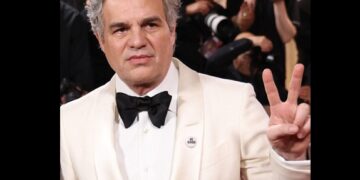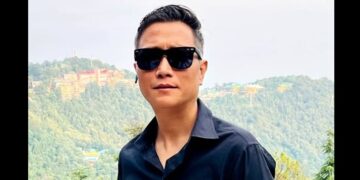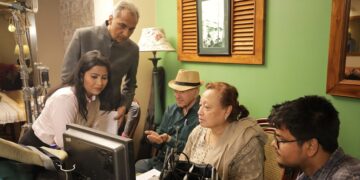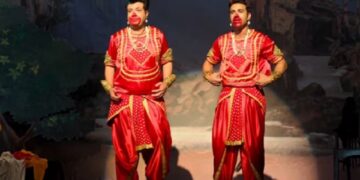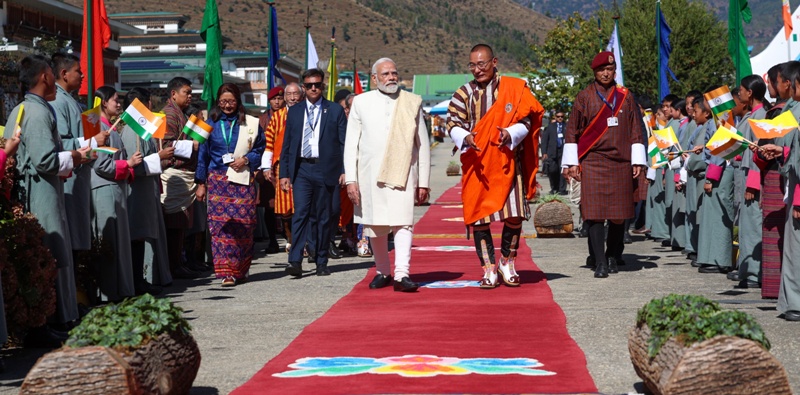Prime Minister Narendra Modi on Tuesday embarked on a two-day visit to Bhutan to join the 70th birthday celebrations of the fourth king of the Himalayan nation Jigme Singye Wangchuck.
Prime Minister Modi received a warm welcome at the airport from his Bhutanese counterpart, Prime Minister Tshering Tobgay.
During the visit, Modi will meet Bhutan King Jigme Khesar Namgyal Wangchuck, his father and predecessor the fourth king, as well as Prime Minister Tshering Tobgay.
“This visit comes at a time when Bhutan is marking the 70th birthday of His Majesty the Fourth King. I will be holding talks with His Majesty the King of Bhutan, His Majesty the Fourth King and Prime Minister Tshering Tobgay,” Modi posted on X.
The prime minister and the king will jointly inaugurate the Punatsangchhu-II project.
Referring to the 1,020-MW power project jointly developed by the two countries, he said, “In a big boost to our energy partnership, the Punatsangchhu-II hydropower project will be inaugurated.”
Modi said that the visit reflected the deep bonds of friendship and cooperation shared between India and Bhutan, noting that the two nations enjoyed a time-tested partnership built on trust, goodwill, and mutual respect. He added that he looked forward to further strengthening their close ties during the visit.
“Our partnership is a key pillar of our Neighbourhood First policy and a model for exemplary friendly relations between neighbouring countries,” he said.
His visit also coincides with the exposition of the sacred Piprahwa relics of Lord Buddha, which have been sent to Bhutan from India. Modi will offer prayers to the holy relics at Tashichhodzong in Thimphu and participate in the Global Peace Prayer Festival organised by the Bhutan government.
ALSO READ: 150 years of ‘Vande Mataram’: PM Modi releases commemorative stamp, coin
India recently announced it will build the first two cross-border railway links with Bhutan at a cost of Rs 4,033 crore, with the project being seen as part of New Delhi’s efforts to bolster regional connectivity to drive economic integration and trade.



